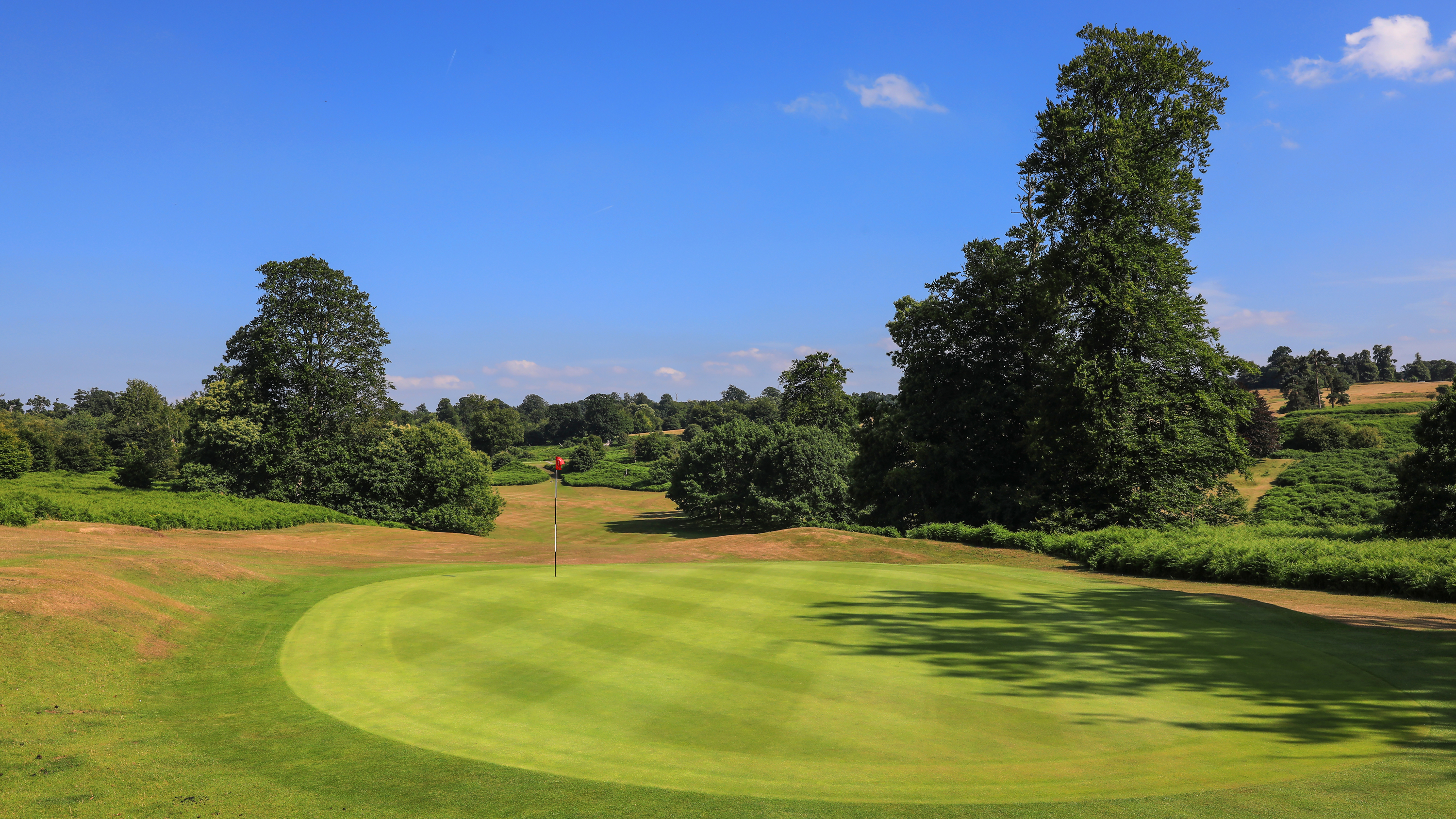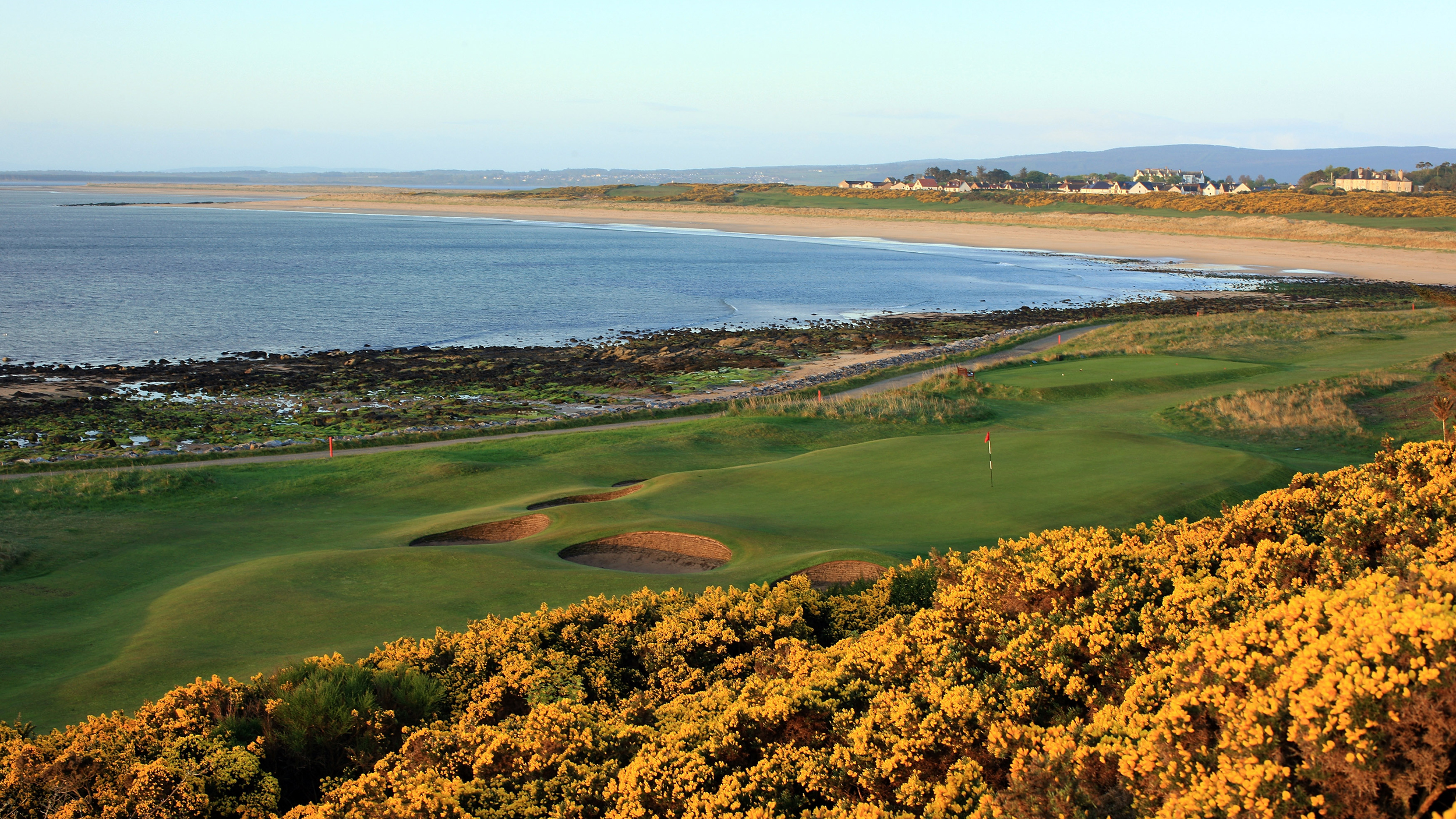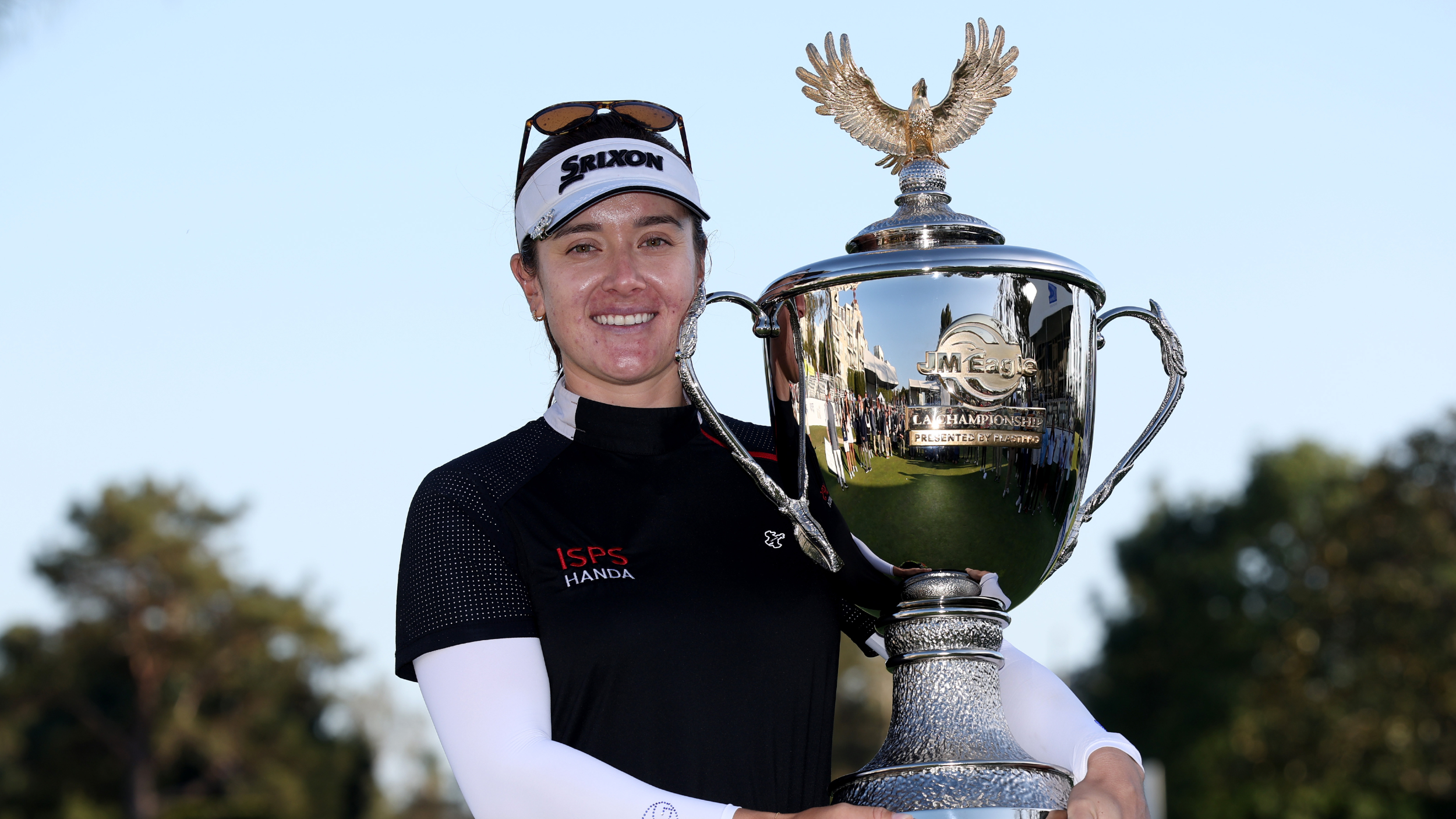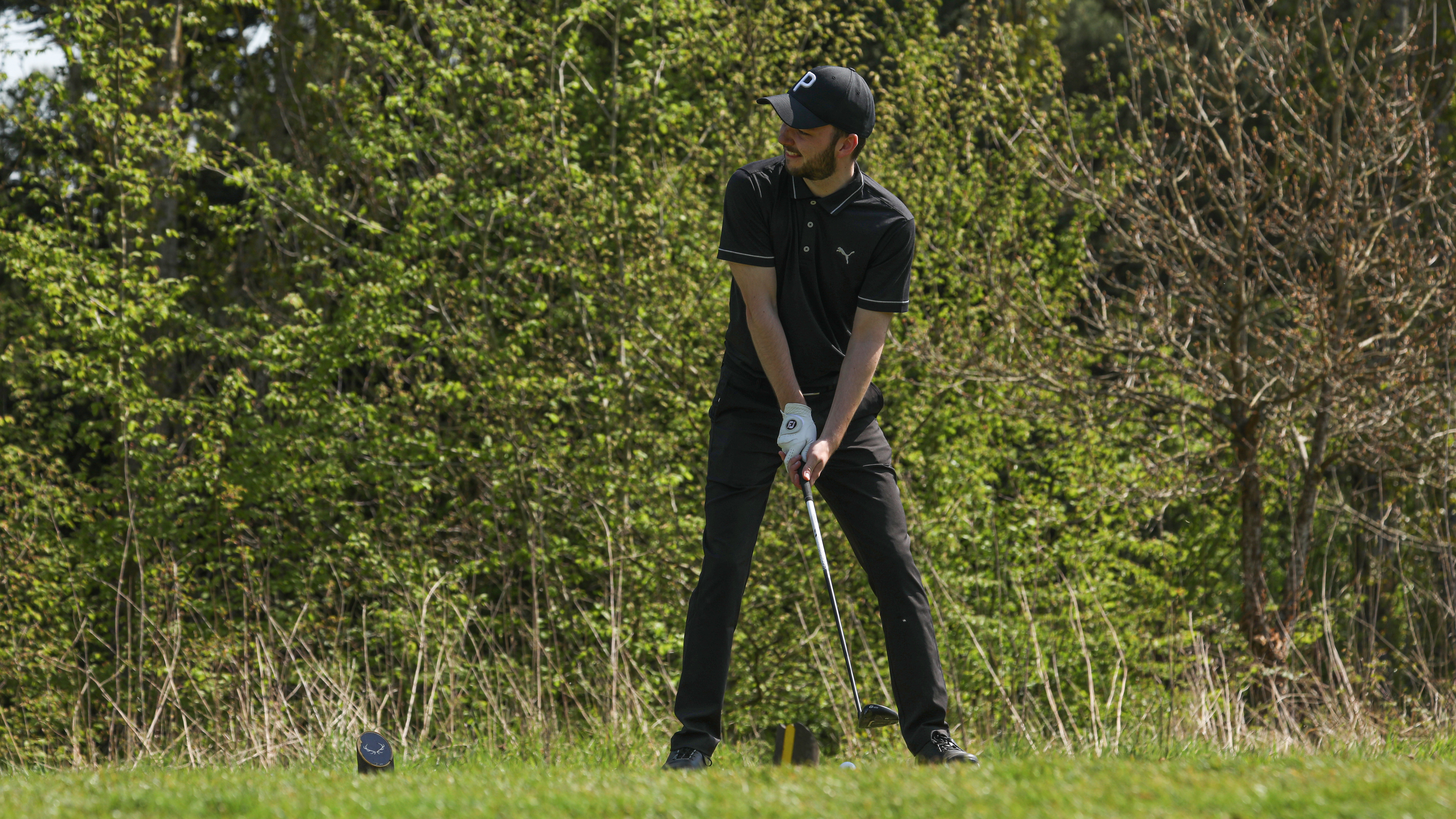What Are The Cheapest Times To Play Golf?
You can find discounted green fees at certain times of the year and certain times of day.


With the cost of living continuing to climb, most of us our looking for ways to economise and save some cash. Golf is not the cheapest pastime out there but for those of us who love the game, it’s an essential expense. It provides physical exercise and mental stimulation, it’s hugely sociable and a great way to spend time with friends and family members out in the open air.
There are ways to save money on your golf though and one of those is to look for the cheapest green fees available when you’re out and about playing at different courses. If you are prepared to play at certain times, it’s possible to find reduced rates and save yourself some money.
Winter golf

The Old Course St Andrews
First, and rather obviously, if you’re prepared to play through the winter there are generally deals to be had. Most courses offer significant discounts on full-price green fees through the colder months. As an example – At The Old Course St Andrews, venue for The 150th Open Championship this July, low-season rates are half the price of the summer fee - £135 compared to £270. Half price winter fees are not uncommon – At Hollinwell, The Home of Notts Golf Club, the winter rate is £75 compared to £150 through the summer. At Duff House Royal Golf Club in Banff, Scotland – A Dr Alister MacKenzie design – the winter rate is just £20 compared to a summer fee of £70 – Almost a quarter the price.
Weekday golf

Knole Park
If you’re able to play on a weekday you will often find cheaper green fees available than on weekends. At Knole Park Golf Club in Kent, it’s £20 cheaper to play Monday to Thursday than Friday to Sunday for example. At the Nicklaus Designed Machynys in Carmathenshire, the summer rate is £60 from Monday to Thursday compared to £75 Friday to Sunday.
If you go through one of the golf green fee booking sites, you’ll also find discounted rates on quieter days at some clubs. If you’re able to be flexible, you’ll find deals to be had, particularly closer to the day you wish to play as courses seek to fill their tee sheets.
Twilight Rates

Royal Dornoch
Many clubs will offer a cheaper rate if you’re prepared to play later in the day when there will generally be less demand on the tee times. These discounts are often referred to as “twilight” rates.
At Royal Dornoch Golf Club in the north of Scotland, the twilight ticket (play after 6pm May to July and after 5.30pm in August) gives a rate of just £125 to play the championship course compared to the full price of £210. You can play the Struie course for just £30 on the twilight ticket. Some clubs offer twilight rates earlier than that. At the other end of the country at Royal North Devon, the oldest course in England, there’s a twilight rate of just £40 after 4pm, that’s half the price of the Saturday rate and £30 less than standard fees, Sunday to Friday. At Southport & Ainsdale Golf Club in Lancashire, a twilight package is available - £460 for a fourball after 3pm on a weekday compared to a rack rate of £175 per person – that’s a £60 saving each.
Get the Golf Monthly Newsletter
Subscribe to the Golf Monthly newsletter to stay up to date with all the latest tour news, equipment news, reviews, head-to-heads and buyer’s guides from our team of experienced experts.
The basic rule with green fees is, if you’re prepared, or able to play at off-peak times – in the winter months, on a quieter weekday or after a certain time in the afternoon, you can find discounted green fees: Those are the cheapest times to play golf.

Fergus is Golf Monthly's resident expert on the history of the game and has written extensively on that subject. He has also worked with Golf Monthly to produce a podcast series. Called 18 Majors: The Golf History Show it offers new and in-depth perspectives on some of the most important moments in golf's long history. You can find all the details about it here.
He is a golf obsessive and 1-handicapper. Growing up in the North East of Scotland, golf runs through his veins and his passion for the sport was bolstered during his time at St Andrews university studying history. He went on to earn a post graduate diploma from the London School of Journalism. Fergus has worked for Golf Monthly since 2004 and has written two books on the game; "Great Golf Debates" together with Jezz Ellwood of Golf Monthly and the history section of "The Ultimate Golf Book" together with Neil Tappin , also of Golf Monthly.
Fergus once shanked a ball from just over Granny Clark's Wynd on the 18th of the Old Course that struck the St Andrews Golf Club and rebounded into the Valley of Sin, from where he saved par. Who says there's no golfing god?
-
 JM Eagle LA Championship Prize Money Payout 2025
JM Eagle LA Championship Prize Money Payout 2025The LPGA Tour heads to California for the JM Eagle LA Championship, where the largest prize money payout of the season so far is on the table
By Mike Hall Published
-
 Corales Puntacana Championship Prize Money Payout 2025
Corales Puntacana Championship Prize Money Payout 2025The PGA Tour’s latest opposite field event features an attractive prize money payout and some former champions in the field
By Mike Hall Published
-
 7 Ways To Play Better Without Spending Money
7 Ways To Play Better Without Spending MoneyGetting better at golf doesn't have to be as expensive as you might think...
By Andrew Wright Published
-
 How To Pay Less For Your Next Set Of Irons
How To Pay Less For Your Next Set Of IronsIrons are an expensive investment, but there's plenty of ways to pay less for your next set...
By Dan Parker Last updated
-
 How To Make Your Golf Shoes Last Longer
How To Make Your Golf Shoes Last LongerHere are some top tips on how to get the most out of your latest pair of golf shoes
By Dan Parker Published
-
 “I've Always Played A Premium Ball But Now I've Decided To Switch... Here's Why"
“I've Always Played A Premium Ball But Now I've Decided To Switch... Here's Why"Longstanding contributor, Jeremy Ellwood, explains why he's moved away from playing the premium balls he'd always relied on
By Jeremy Ellwood Published
-
 15 Easy Ways To Make Golf More Affordable
15 Easy Ways To Make Golf More AffordableGolf is an expensive endeavor but there are ways you can save money when it comes to every aspect of your game that will add up in a big way over time
By Chris Wallace Last updated
-
 20 Best Cheap Golf Products
20 Best Cheap Golf ProductsOur picks for quality golf products that will help you play better golf and save money in the process
By Chris Wallace Last updated
-
 Where To Spend And Save Money On Golf Gear
Where To Spend And Save Money On Golf GearJoel Tadman and Dan Parker give their thoughts on where to spend and where to save money on new golf gear
By Joel Tadman Last updated
-
 How To Make Golf Cart Batteries Last Longer
How To Make Golf Cart Batteries Last LongerWe take a look at some practical advice from manufacturers on how to make golf cart batteries last longer
By Dan Parker Published